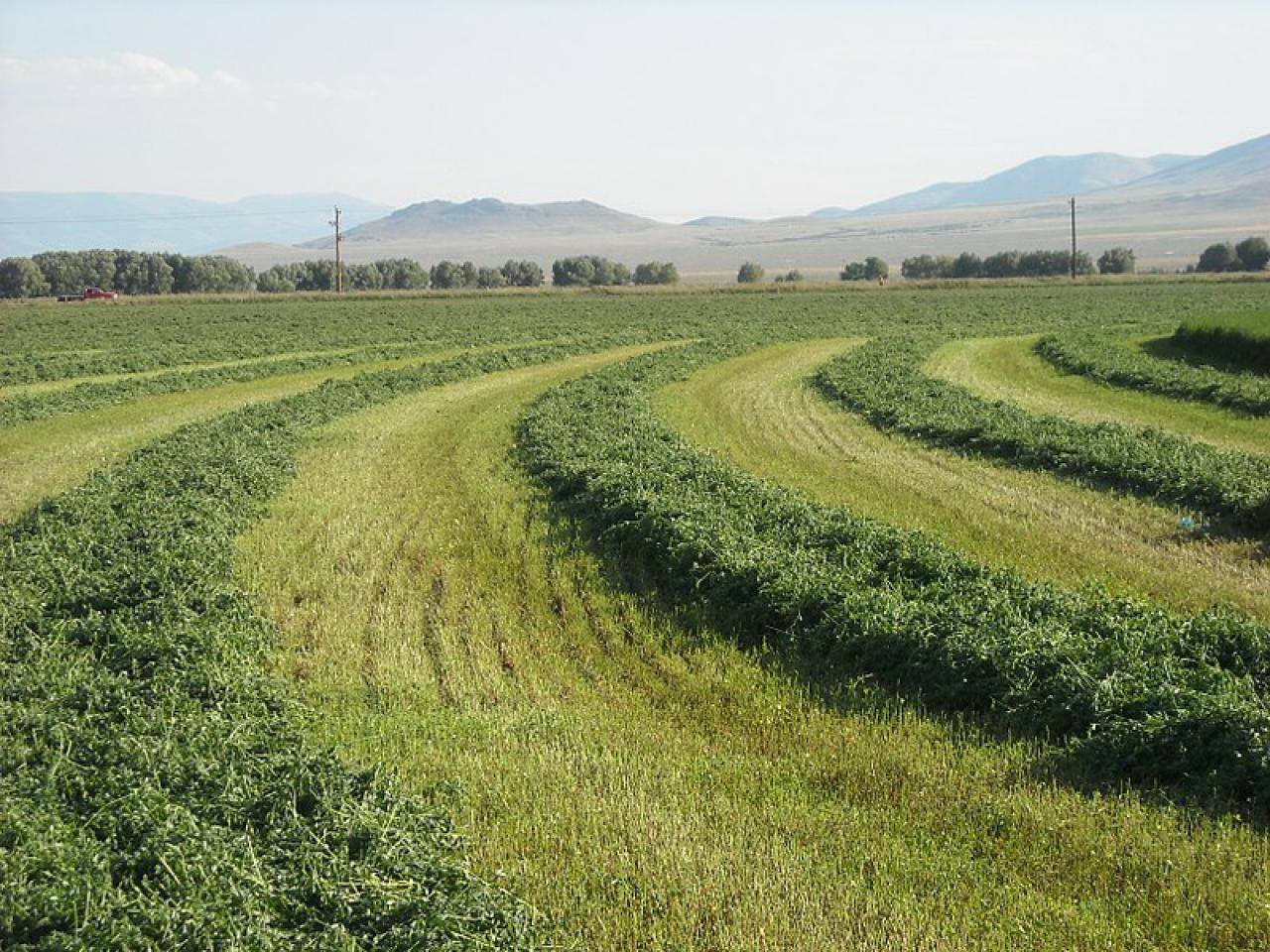Legislation could protect public wells with clean-water crops
Perennial crops and cover crops on our agricultural land is essential to achieving our clean water and habitat goals. Such crops are rarely profitable for farmers, however, because few markets for them exist.
At FMR, our approach to clean water is simple: develop markets that provide the economic incentives farmers need to plant conservation crops for harvest and sale at a real profit.
This approach (HF 1569 & SF 1637) allows us to protect clean water while maintaining farm prosperity — a key part of FMR’s water quality mission. That’s why we’re thrilled that legislation on our top priority this session has been introduced: The Working Lands Drinking Water Program.
About the legislation
Authored by Senator Carrie Ruud (R – Breezy Point) and Representative Todd Lippert (D – Northfield), this legislation asks for $8.5 million in state general fund support this biennium.
If passed into law, the program will help farmers plant and sell alternative crops that protect drinking water while maintaining farm profitability. As a pilot initiative, it is limited to the state's most vulnerable wellhead areas – places where conservation crops will also help protect public health.
Why drinking water protection?
About 75% of Minnesotans get their drinking water from underground aquifers. Community well systems have clearly defined wellhead areas known as “Drinking Water Supply Management Areas", or DWSMAs.
Within our ~1.28 million acres of DWSMAs, about 360,000 acres are considered vulnerable (i.e., at higher risk for contamination) based on their soils or underlying geology. Of those acres, about 118,000 are planted in row crops (corn and soybeans).
Transitioning these 118,000 acres to conservation crops (a more diverse crop mix with better year-round vegetation) can greatly improve drinking water quality, surface water quality, soil health and habitat while serving as a pilot project for new cropping system markets.
Other benefits of this approach include:
- Wellhead protection areas / DWSMAs are of a manageable size, so we can expect to see positive results.
- Community water supplies are tested regularly, providing built-in opportunities to monitor the results of the pilot program.
- There is a high level of bipartisan support for drinking water protection.
- Many communities and rural water districts are interested in planting Kernza in their wellhead protection areas, and several pilots are currently underway with support from the Minnesota Department of Agriculture and Environment Trust Fund dollars.
- The University of Minnesota’s Forever Green Initiative anticipates having enough seed available for 300,000 acres by 2020, providing the seed necessary to scale up the program (if successful) in the coming years.
- Diversifying crop options for Minnesota’s farmers improves our economy and helps protect farm communities from extended low prices in traditional crops.
- Perennial conservation crops (like perennial wheat and alfalfa) can be planted in stream buffer areas, many of which are required to have perennial crops under the state’s buffer law.
FMR and our partners are grateful for the bipartisan support this legislation has received so far. By working with agriculture, local government and the business community, we are hopeful Minnesota can achieve clean water and healthy habitat while enhancing farm prosperity. It’s a win-win for all Minnesotans.
How you can help
Perhaps the best way to help get this legislation passed into law is to join us for Water Action Day 2019, a day of public action and advocacy to let lawmakers know we care about our water. You can learn more about this free event here.
Become a River Guardian
Sign up to become a River Guardian and we'll let you know when important river issues arise. Our emails make it quick and easy to contact decision makers and make your voice heard. River Guardians are also invited to special events, including happy hours, where you can learn more about important legislative and metro river corridor issues.
Want to tell your legislator to fully fund this program? Check out our Action Alert.
